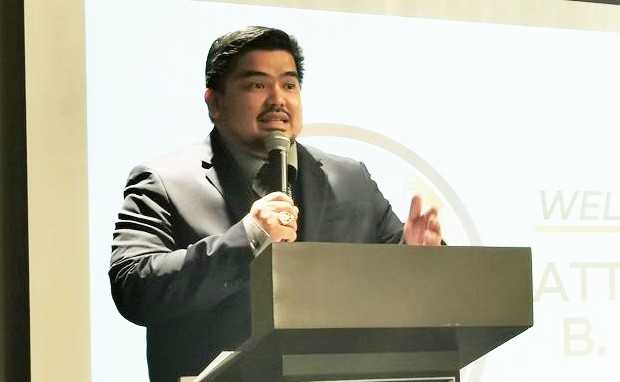The Anti-Red Tape Authority (ARTA) has claimed that the process of securing permits to install common telco towers has been significantly reduced to 16 days from 241 days following the recent signing of a joint memorandum circular (JMC) that would boost Internet connectivity.

ARTA director general Jeremiah B. Belgica told an online forum that the JMC on the construction of common towers highlights the efforts of the different agencies to reform and streamline the processing of securing permits for the government’s common tower program.
For the pre-construction phase, the number of permits required will be reduced from nine to five, a reduction of 44%. Documentary requirements will be trimmed from 61 to 25, a 59% reduction, and processing time will be reduced from 211 days to just 14 days or a 93% improvement, said Belgica.
For the post-construction period, permits required are reduced from four to three, a 25% reduction, while documentary requirements are trimmed from 25 to 10, a 60% reduction. The processing time is cut down from 30 days to just two days for a 93% reduction.
Belgica said this shortens the overall processing time for the licensing and permitting in the telco industry from 241 days to only 16 days. Total permits are reduced from 13 to 8, while documentary requirements are lowered from 86 to 35.
The reforms in the connectivity sector are part of the National Effort for the Harmonization of Efficient Measures of Inter-Related Agencies (NEHEMIA) program which seeks to address inter-agency red tape among government agencies, said Belgica.
NEHEMIA is an inter-agency streamlining effort to achieve a 52% reduction in time, costs, requirements or procedures for key sectors identified in 2020. The interconnectivity sector is the first of these priority sectors to be completed.
Belgica said partner agencies will implement reforms to streamline requirements and reduce procedural delays in securing the necessary permits, licenses, clearances, certificates, and other requirements in the construction of common towers.
Belgica said the Department of Interior and Local Government will remove the Sangguniang Panlungsod/Bayan and barangay resolutions as part of the pre-requisites for installing common towers. It will also push for the adoption of reasonable fees and charges as prescribed under DILG-DOF joint memorandum circular 2019.
The Department of Public Works and Highways will also ensure that the issuance of the building permit is in according with the standards of the National Building Code, while the Department of Information and Communications Technology will make sure that the standards and policies relevant to the JMC are up-to-date and that future issuances are in line with the joint memorandum circular, according to Belgica.
In addition, the radio frequency safety evaluation report issued by the Food and Drug Administration (FDA) will no longer be required during the building of the tower but will be secured during installation of cell site equipment. This means that building the tower can start even without the issuance of the safety evaluation report yet. But once installation of the cell site begins, the FDA will have to process the report within seven working days, said Belgica.
On the part of the Civil Aviation Authority of the Philippines (CAAP), the agency will also remove its clearance for applications outside of the identified critical areas through collaboration with local government units.
At the same time, Belgica underscored the cost savings under the JMC in licensing 10,000 standard towers. From the pre-reform cost of P1.03 billion, this has been sliced to P451.79 million, saving the industry P573.96 million in fees and charges.




